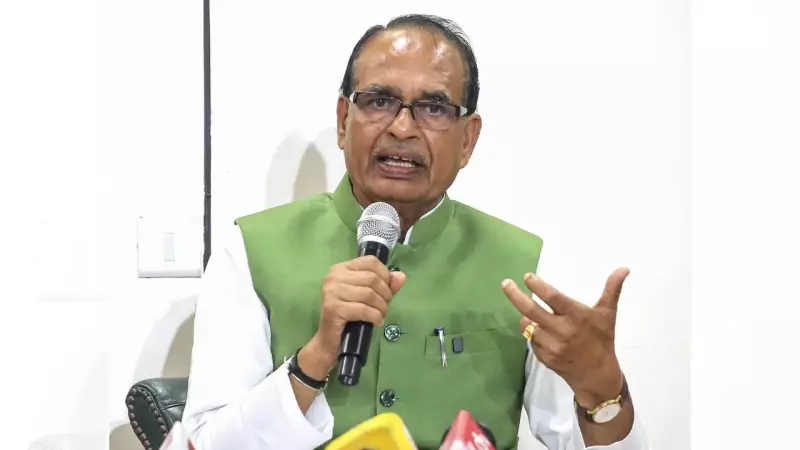
In a crucial development that could shape India's biological future, leading scientists across the nation are rallying for immediate government action. The call comes ahead of a significant international gathering in Peru next month, where decisions about genetic resources will take center stage.
Why This Matters for India
India, being one of the world's most biodiverse nations, possesses an incredible treasure trove of genetic resources. From medicinal plants in the Western Ghats to unique crop varieties in the Northeast, these biological assets represent both cultural heritage and economic potential. The upcoming Peru meeting could determine how these resources are shared and utilized globally.
The Scientific Community's Concerns
Research institutions and biodiversity experts nationwide have expressed serious concerns about potential loopholes in international agreements that might compromise India's sovereign rights. Without strategic intervention, India could lose control over its precious genetic wealth, including traditional knowledge associated with biological resources.
What Scientists Are Demanding
- Proactive diplomatic engagement at the Peru meeting
- Stronger protection mechanisms for traditional knowledge
- Equitable benefit-sharing arrangements for genetic resources
- Preservation of India's decision-making authority over biological assets
The Global Context
The international community has been grappling with genetic resource governance for decades. Developing countries like India often find themselves at a disadvantage when negotiating with technologically advanced nations seeking access to biological materials. The Peru meeting represents a critical juncture in this ongoing dialogue.
Looking Ahead
As the scientific community intensifies its advocacy, all eyes are on the Indian government's response. The decisions made in Peru could have far-reaching implications for India's biodiversity conservation efforts, pharmaceutical research, and agricultural development for generations to come.





